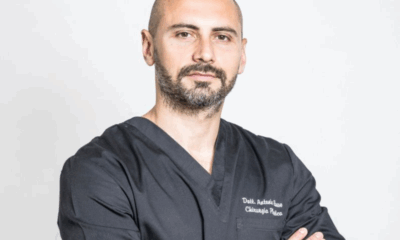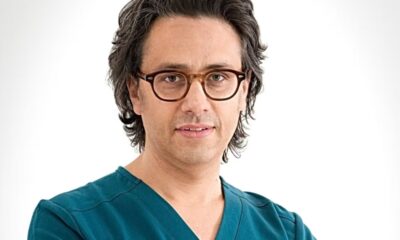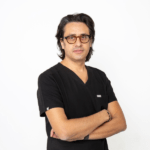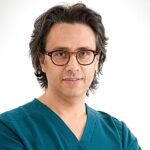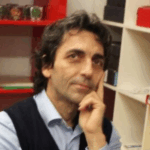Medical doctors and Surgeons
Facial surgery: the importance of medical training
In the extensive field of surgery, medical training plays a crucial role, especially when it comes to delicate interventions on the most visible and recognisable part of the human body: the face.
Emanuele Zavattero, renowned maxillofacial surgeon and scientific coordinator of the 2nd Facial Surgical Dissection Course in Turin, discussed the challenges and innovations in this field, on the occasion of the event scheduled for January 18th and 19th, 2024.
Highlights of the second edition
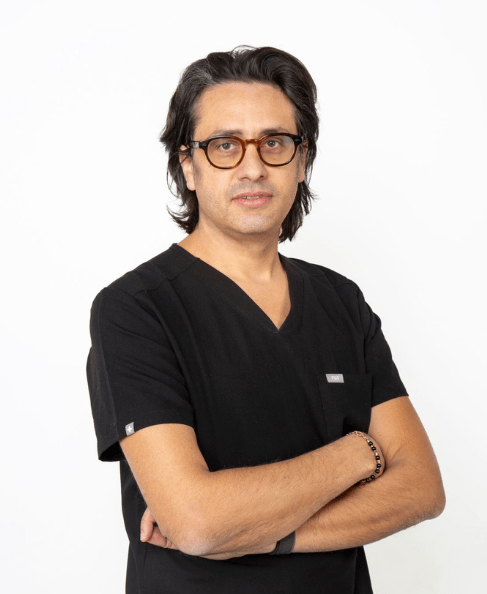
Dr. Zavattero explained that, while maintaining the structure of the previous year, this year’s innovation is the creation of a network among participants. «This connection between different specialities allows sharing of experience and clinical cases. Essential for improving results and fostering collaboration among plastic surgeons, maxillofacial surgeons and otolaryngologists».
The first day is dedicated to the jaw and upper and lower blepharoplasty (the removal of excess skin and fat from the eyelids). While, in the second day, on the other hand, focuses on cervicofacial lifting, cheekbones, and the chin.
The peculiarity of this course lies in the integration of various surgical specialties, such as plastic surgery, which specifically deals with soft tissues, and maxillofacial surgery, which intervenes on bony structures. Dr. Zavattero emphasises how the integration of diverse skills allows for superior results in treating patients, considering their complex and unique anatomy.
Challenges in facial surgery
Turin stands out as an excellence in this field by offering the opportunity to work on fresh-frozen anatomical specimens. A crucial step to simulate a real surgical intervention as closely as possible. «Being able to practise on cadavers is a factor of high importance for this practice. The preference over technological alternatives is because it represents the experience closest to the operating room».
Zavattero addressed the specific challenges of facial surgery, including difficulties in operating on different tissues and the use of specific instruments. «In facial surgery, minimally invasive procedures are a key element, requiring small incisions and advanced skills in both technical and technological aspects».
The future of facial surgery
When discussing the future, Dr. Zavattero highlighted the synergy between study, simulation, and technology. «Despite technological advancements, traditional education and the presence of experienced instructors remain fundamental – Zavattero concluded – in the future, over the next decades, technological innovations will continue to improve surgical practice. Continuous training and interdisciplinary collaboration will provide patients with the best possible results».




